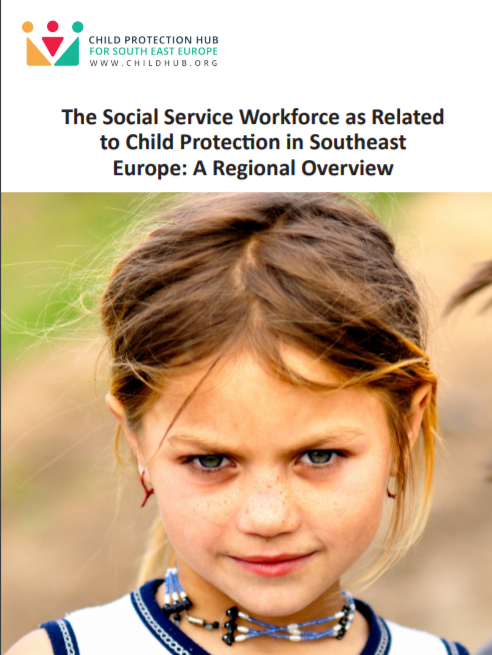Professionalisation of Childcare Assistants in Early Childhood Education and Care: Pathways towards Qualification . NESET II / Analytical Report

European Commission identified staff professionalization as one of the key issues for the ECEC field. In many countries, part of the workforce is represented by low-qualified ECEC assistants. Studies have shown that assistants have fewer chances for qualification and professional development and are not taken into account in policy documents. Improving the competences of all staff (core practitioners and assistants) would improve the services’ quality, which would in turn help eliminate barriers in front of families in using ECEC services. This analytical report emphasizes the role of investing in the professionalization of assistants in quality improvement in ECEC and presents findings from the analysis of ECEC assistants 15 European countries. Lastly, the report provides recommendations on how to develop coherent pathways toward qualification and continuous professional development for ECEC assistants accompanied by country examples.
Authors: Year of Publication:2016



